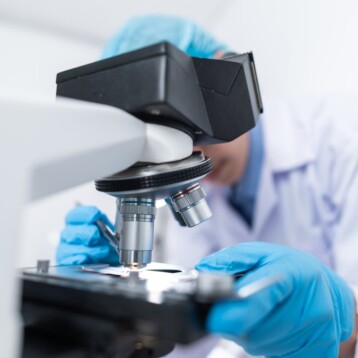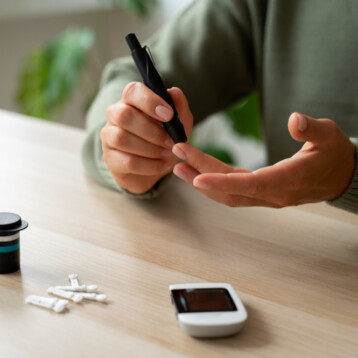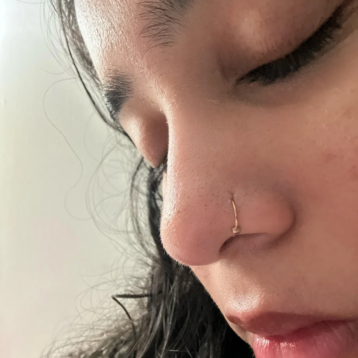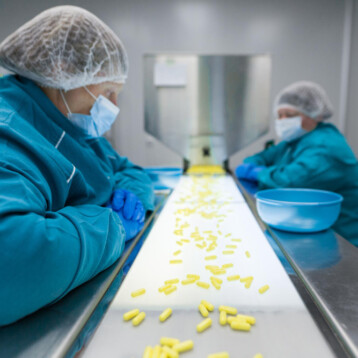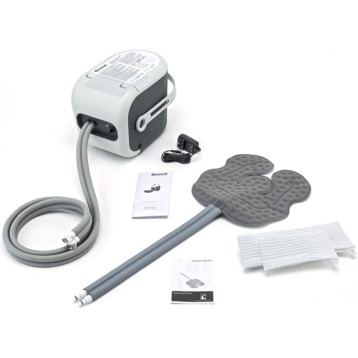Philips is currently developing a new technology, which will administer drugs into specific locations using Ultrasound-Activated Microbubbles. This new technology will increase the effectiveness and reduce the side effects of chemotherapy for several types of cancer.
 |
Dr. King Li
(Credit: NIH clinical center) |
|
Microbubbles are miniature gas bubbles, mostly containing oxygen or air, which can be uniformly suspended in a liquid such as blood. Due to their size, they can pass through even the smallest of blood vessels, and therefore are commonly used together with medical ultrasound imaging. Microbubbles reflect ultrasound better than blood or soft tissues, thus allowing them to be used for highlighting blood in ultrasound images. Until now, their common use was only as contrast agents.
However, scientists at Philips Research are now developing a new drug delivery technology that relies on the contrast-enhancing quality of microbubbles. The system is designed to help ultrasound operators locate tumours based on their density and the tumour-specific network of small blood vessels. When the tumour is located, the system shatters the shells of the microbubbles by means of a focused, high-energy ultrasound pulse. Once the shells are destroyed, the contents of the microbubbles spill into the surrounding area and the drugs reach the tumour directly instead of going through the whole bloodstream. This localized release technique prevents the drugs from influencing other systems in the body, thus preventing gruelling side-effects and improving the quality of life of the patient undergoing chemotherapy.
 |
As the drugs are only released
at the site of the tumor, the patient’s total
body exposure to them would be
limited, which, for certain types of cancer,
could help reduce the unpleasant
side effects of chemotherapy (Credit: Philips) |
|
There is still a long way to go before this technology can be put into practice in hospitals and used on a daily basis. Philips is not alone in developing this groundbreaking technology; the company is collaborating with several academic partners, including the University of Virginia (USA) and the University of Muenster (Germany) as well as Clinical institutions, such as The Methodist Hospital in Houston (USA), who are also actively researching the field of ultrasound mediated drug delivery.
“More and more, patients are demanding treatment options that allow them to maintain their quality of life during the treatment regime, without sacrificing treatment efficacy,” comments King Li, MD, Chair of the Department of Radiology at the Methodist Hospital in Houston (USA) and Professor of Radiology, Weill Cornell Medical College (USA). ”The non-invasive nature of ultrasound mediated delivery is a step in this direction. Work at our and other institutions using ultrasound for drug delivery and treatment guidance has shown the potential of this technology in pre-clinical studies.”
For further information, see the official Philips press release
page and a video can also be seen
here.




